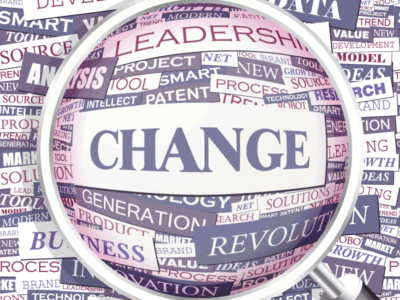Sustainable Aviation?
On the 28 November 2023, the first long-haul passenger plane powered with ‘sustainable’ air fuel took off. SAF offers an ostensibly attractive path for decarbonisation for the airline industry – the lifecycle greenhouse emissions can be up to 70% lower than conventional fossil-based fuels.
While this in many ways represents a significant breakthrough (SAF is currently perhaps 0.1% of global aviation fuel use) there are major challenges ahead.












